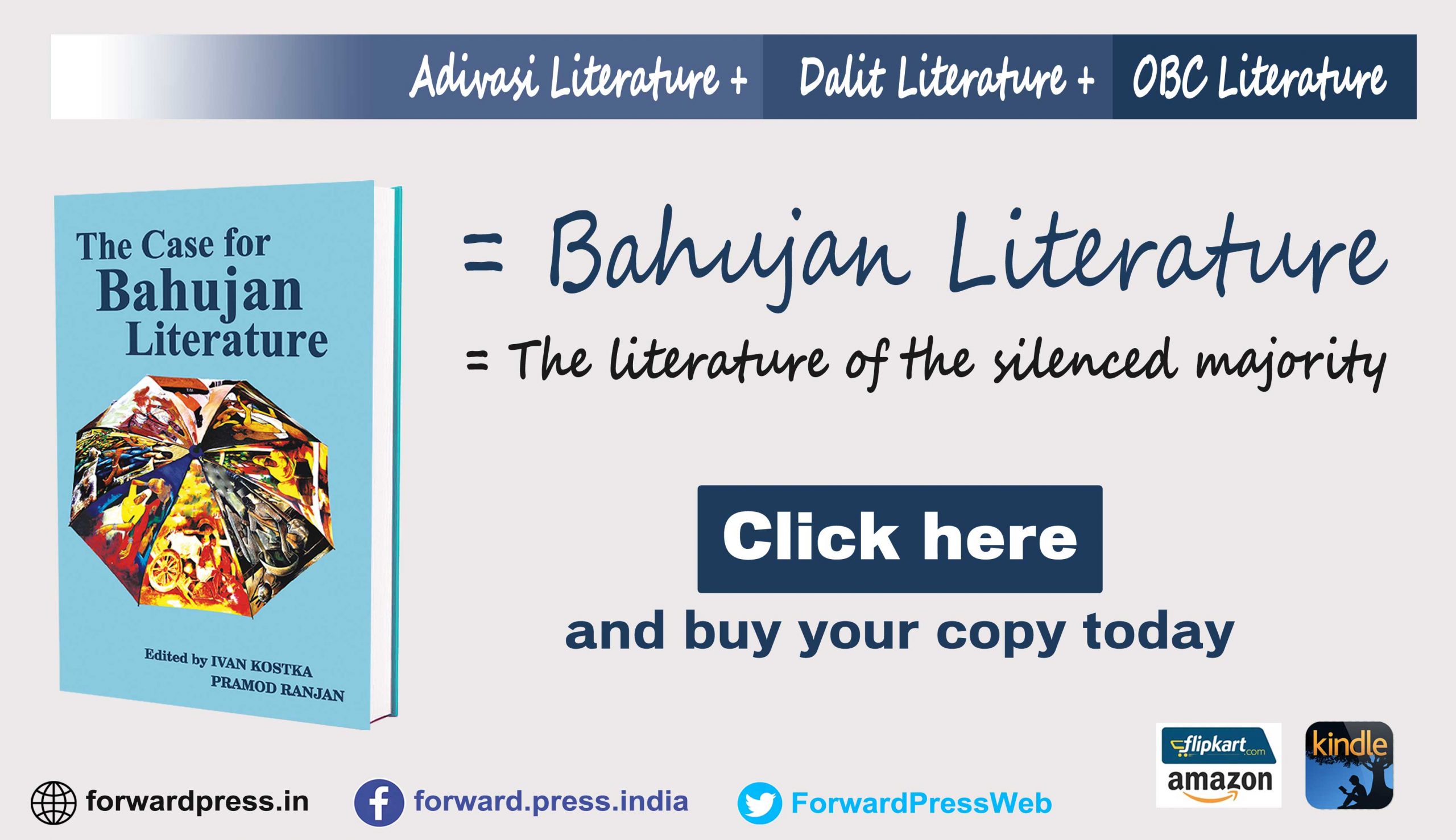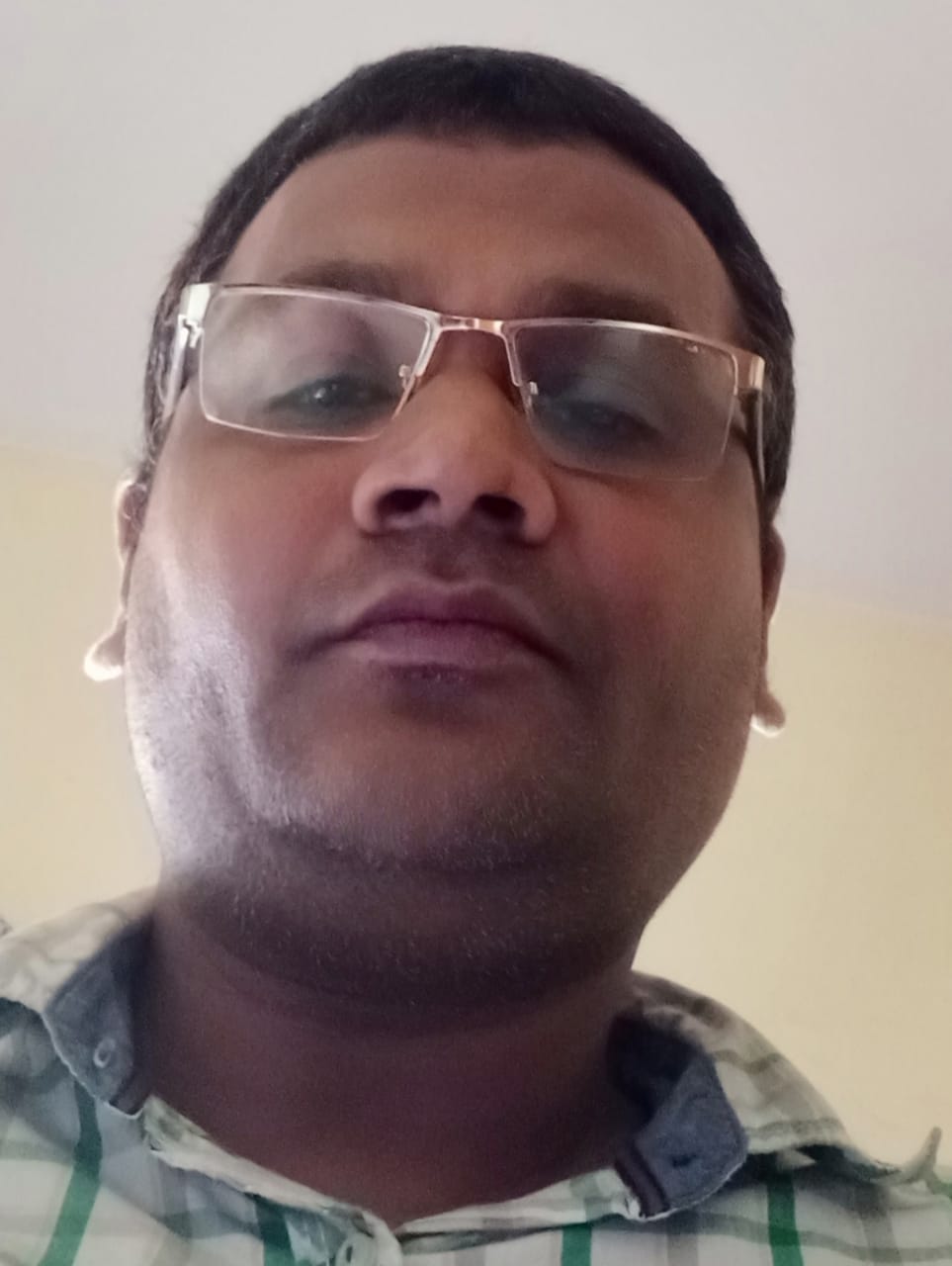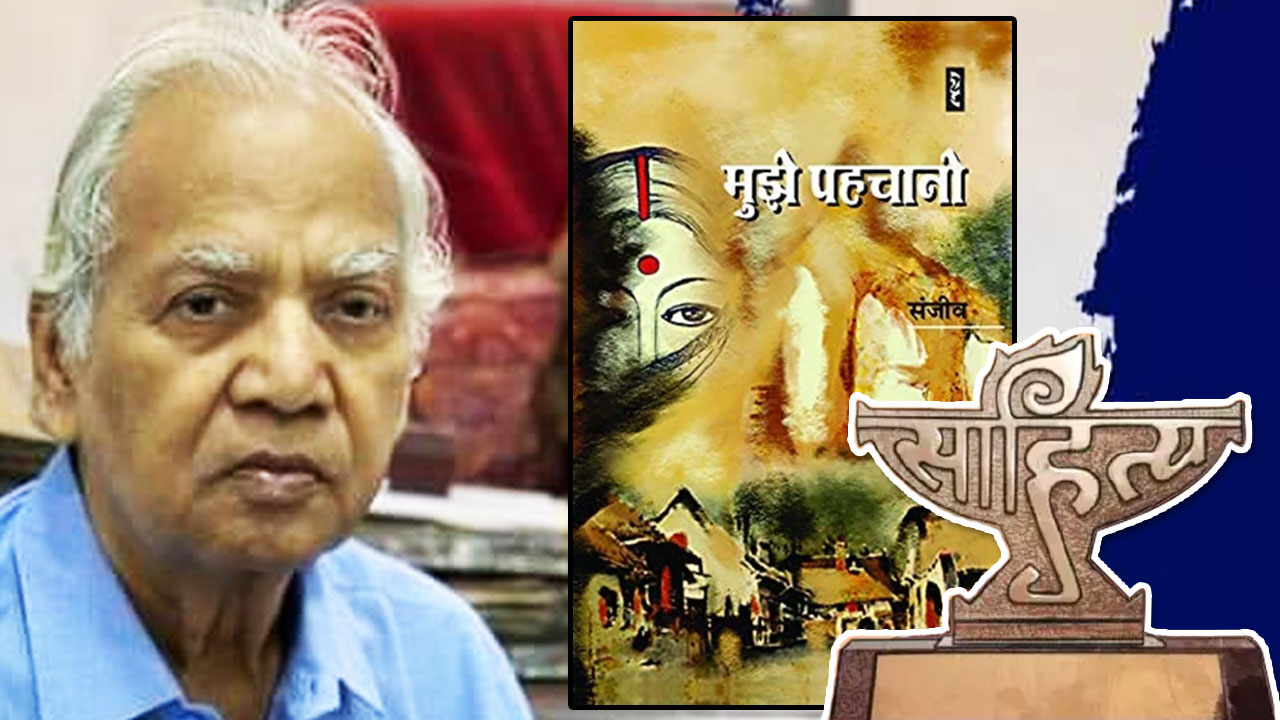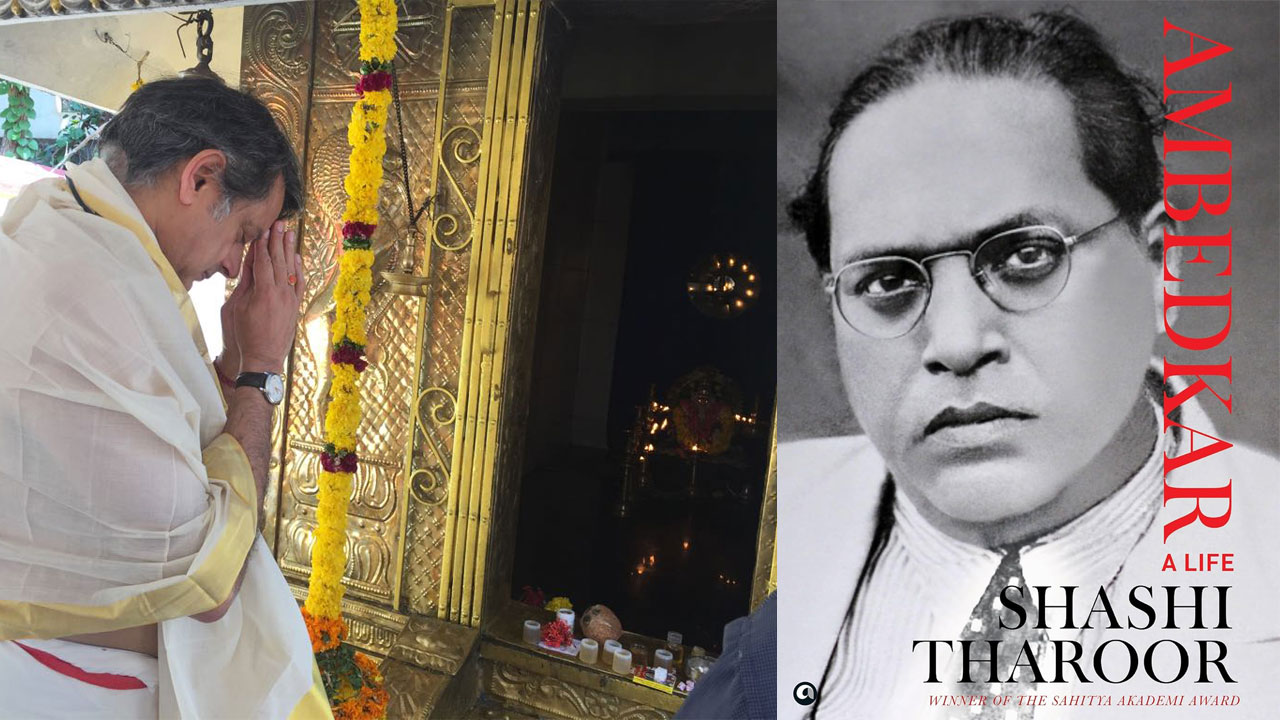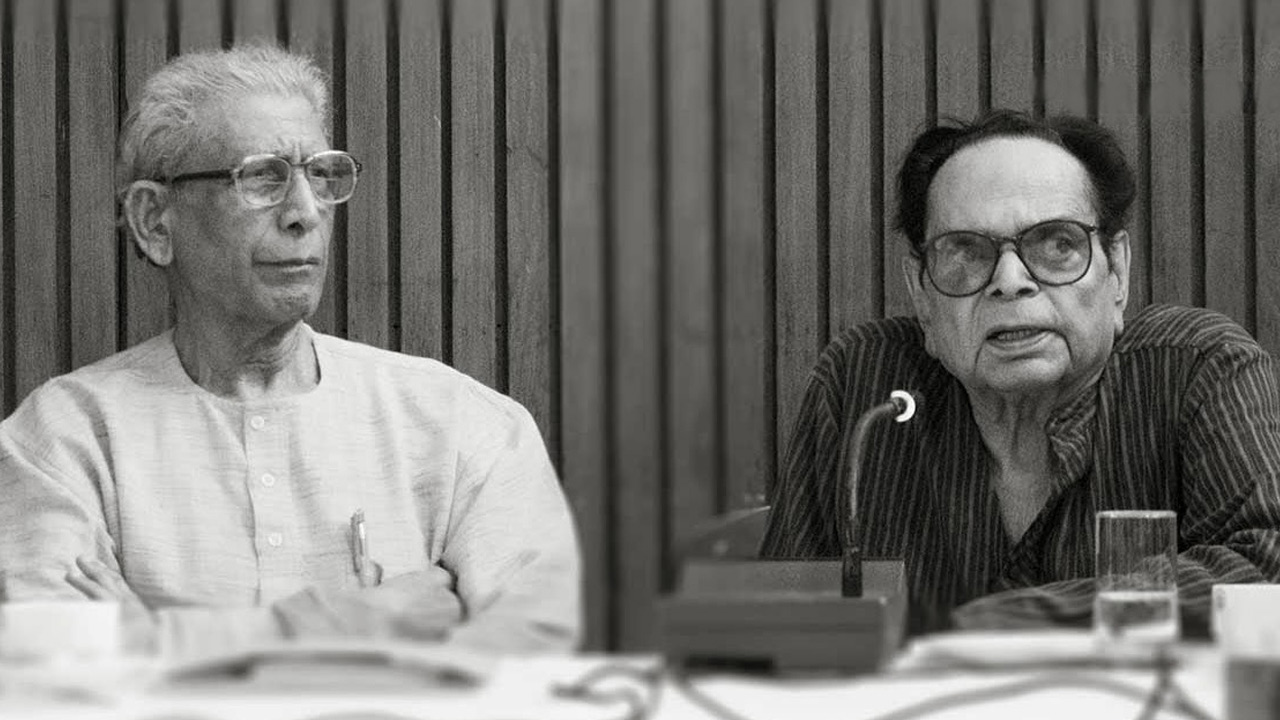Dr Kumar Vimal passed away at 6.30 in the morning on 26 November in Patna. He was 81 when he died, but his concern with words ran deep and despite being afflicted with extreme ailments he continued to write regularly till the end. His death was followed by few official formalities and then it was all forgotten. Very few newspapers or magazines published the “customary” articles about his contribution. It is interesting to note that none of the three Hindi literary organizations, JSM, PWA and JLS, has either organized a seminar or even issued a press release on his death. This simply means that Dr Kumar Vimal neither belonged to any of these organizations nor did he come from their caste/community background. It’s another matter that he wasted all his life by “rising above” casteism and singing the praises of the top Brahmin writers.
By labeling him an “aesthetician”, his comprehensive contribution to literature has been ignored. His work on aesthetics was already well-established in literature in the 1960s. In fact, whenever there’s any discussion on the criticism of the progressive stream in Hindi, he is never taken notice of. Kumar Vimal has written on all the important poets, from Chhayavad to Pragatiwad and Nai Kavita with much astuteness and insight. Even if the mainstream Left writers wrote about Kumar, they made it look extremely patronizing; as if they pity him for his backward-caste background. This is what has become to the Hindi critics, the stars among the literary heavyweights of his time, such as Ajneya and Dinkar. Perhaps this is not the right time to look at the reasons for this.
Vimal ji was hurt by this neglect and occasionally expressed it.
The strongest aspect of Vimal ji’s criticism is evaluation of literature from a committed perspective. He saved Hindi criticism from its tendency to overdo matters related to faith and tradition and equipped it with modernism and aestheticism. It is true that his critical prose tends to use complex sentences and images but whenever he succeeds in overcoming this limit of his, his critical writings go beyond the expository and prepare the ground for creative criticism.

His greatest trait was that over the phone he remained in close contact with the newest writers and journalists. He used to apprise himself of the city’s political temperature and news from the literary circles. Once in a while, he would also discuss Dalit literature. On one occasion he recounted an event related to the Sahitya Akademi. Gangadhar Gadgil had decided to give the award for Marathi to Laxman Gaikwad. In the felicitation ceremony, Laxman Gaikwad gave a remarkable lecture. He even said that there must be some upper-caste conspiracy to give him the award. He related this story with a lot of feeling and praised the unity among the Dalit writers in Hindi. In that context, I blurted out, “Sir, have you yourself ever written any book about an OBC or a Dalit writer.” He remained silent. A couple of days later he called me and said, “Arun ji, you actually said something very serious. No one asked has ever asked me that question. I kept thinking about it for days.” Then he asked me about the writers among OBCs and Dalits who should be written about. For a moment I was blank, but then I found myself saying, “Shouldn’t one expect a book on Renu from you? Have you even written a line about Anoop Lal Mandal?” He asked about other writers and I said that there are a dozens of contemporary writers, out of whom Bhagwan Das Morwal is one of the most prominent ones. The matter ended there but later he often told me that once he finished his incomplete writings, he we write a book on Renu.

Recently, he had been working at a significant pace to compile his writings into a book. He firmly believed that he would live for at least another 10 years and that, after he had collected all his scattered writings, he would concentrate on issues that address Bahujan society. Vimal ji’s memoirs about some Hindi writers are worth reading, especially in Nalin Vilochan Sharma, Ajneya, Renu, Mahadevi Verma, Sumitranandan Pant and Shivpujan Sahai. There one will find some untouched aspects of their personalities for the very first time. Similarly, in his essays and research articles, his distinctive identity as a Hindi critic shines forth. His criticism of popular Hindi works like Ram ki Shakti Puja and Andha Yug are very important.
Vimal ji served a long time in various public posts, and whoever came to meet him would find him acting according to his line of thinking. To a Leftist he was of the Left, to the Rightist of the Right. And if someone from his own caste visited him, the discussion would revolve around the matters related to their caste. As a writer this one vice that he had but in all his writings, his stand was that of a Left-oriented writer.
Vimal ji was much too individualistic. He would talk about everything under the sun but rarely about this family. When one visited his family, it didn’t feel that he even lived with his family. I don’t know why there was this silence about his family. If one has to summarize his whole personality he was a very calculative and extremely individualistic person but highly conscious and sensitive towards reading and writing. If ever angry, his tone to express it would be very mild.
The scope of Vimal ji’s creative achievements encompassed many a literary, cultural, political and social issue. His creative edge had cut through all that concerned life and conduct, academic and subaltern. He observed keenly all movements and socio-political convulsions that concerned Bihar, India and the entire Third World. His turn towards Ambedkar, social justice, subaltern history, etc., was, however, much delayed. In his last days, he had come be aware of it and had begun to seriously reflect upon them. In fact, he had only recently begun to write about on these subjects. All the more the loss to the Dalitbahujan world of literature and thought.
PS: Meanwhile, Hindi poet Adam Gondvi passed away on 18th December. The OBC poet belonged to the Kabir tradition of poetry. Our humble tribute.
Published in the January 2012 issue of the Forward Press magazine
Forward Press also publishes books on Bahujan issues. Forward Press Books sheds light on the widespread problems as well as the finer aspects of Bahujan (Dalit, OBC, Adivasi, Nomadic, Pasmanda) society, culture, literature and politics. Contact us for a list of FP Books’ titles and to order. Mobile: +917827427311, Email: info@forwardmagazine.in)
The titles from Forward Press Books are also available on Kindle and these e-books cost less than their print versions. Browse and buy:
The Case for Bahujan Literature
Dalit Panthers: An Authoritative History
